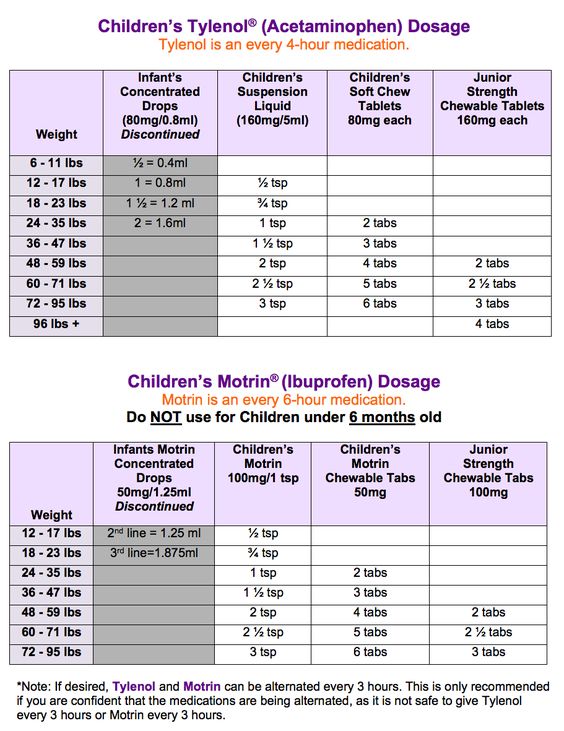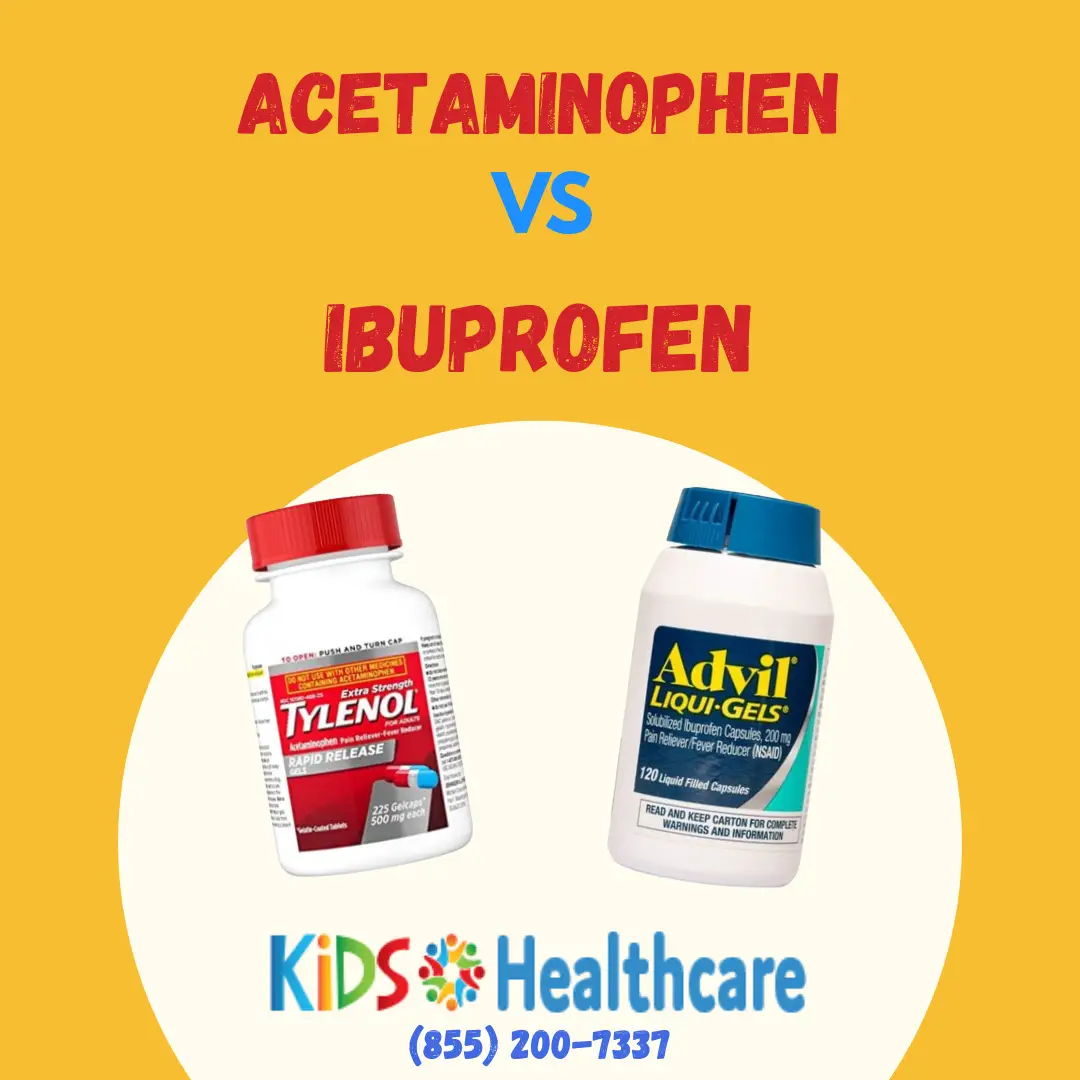Two popular over-the-counter pain relievers are ibuprofen and Tylenol. Though both are used to manage pain and reduce fever, they work differently in the body. Understanding the difference between ibuprofen and Tylenol is essential for effective and safe fever and pain treatment.
Ibuprofen is a nonsteroidal anti-inflammatory drug (NSAID) that reduces the body’s production of substances that cause inflammation and pain. On the other hand, Tylenol, with the active ingredient acetaminophen, works on the central nervous system to reduce pain and fever. Ibuprofen and Tylenol effectively manage mild to moderate pain and reduce fever. Still, they have different actions and side effects, making each more suitable for different conditions and individuals.
One important consideration when choosing between ibuprofen and Tylenol is the presence of inflammation. Ibuprofen is particularly effective in conditions where inflammation causes pain, such as arthritis, menstrual cramps, and various muscular and joint conditions. Tylenol is often recommended for pain not accompanied by inflammation, such as headaches and toothaches.
Another critical factor to consider is the side effects of each medication. Ibuprofen, like other NSAIDs, can cause gastrointestinal issues, such as stomach ulcers and bleeding, especially with long-term use or in individuals with a history of GI problems. It may also have adverse effects on kidney function and increase the risk of heart attack or stroke in specific high-risk individuals.
On the other hand, Tylenol is generally easier on the stomach and poses less risk to the heart and kidneys at recommended doses. However, exceeding the recommended dosage can lead to severe liver damage, and chronic overuse can cause liver failure. Tylenol is often added to cough and cold remedies. Do not give a cough and cold medicine that contains acetaminophen and acetaminophen together. Overdosing on acetaminophen is dangerous.
Individual health conditions also influence the decision between ibuprofen and Tylenol. For example, individuals with liver disease should use Tylenol with caution or avoid it altogether because of its potential to harm the liver. Conversely, those with certain cardiovascular conditions, kidney disease, or a history of stomach ulcers might be advised to avoid ibuprofen and other NSAIDs due to the increased risk of complications.
Regarding children, Tylenol is often the first line of treatment for fever and pain due to its safety profile. Ibuprofen is also safe for children but is typically recommended for those over six months of age. In general, ibuprofen is a better pain reliever. For that reason, I prefer to use ibuprofen for children with fevers. Both medications are available in tablet/capsule and liquid forms. Liquid forms must be measured carefully with a syringe, a calibrated cup, or a dropper. For infants, a calibrated dropper may be used.


